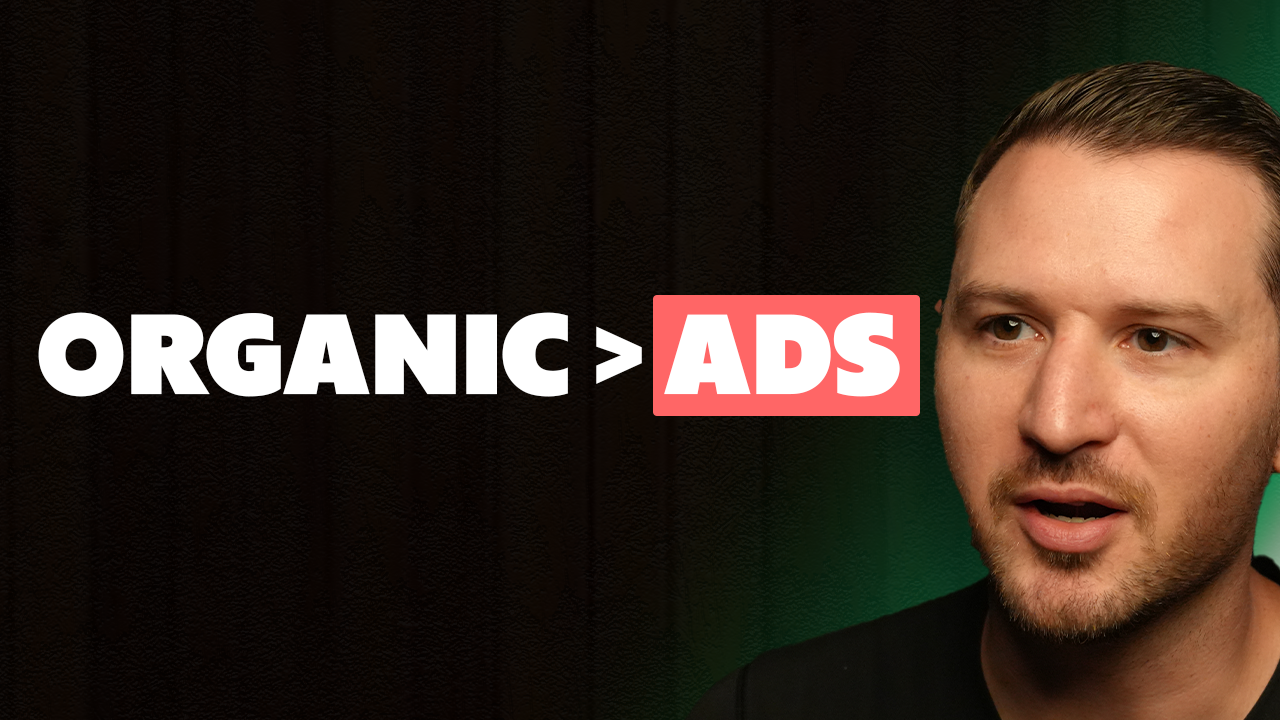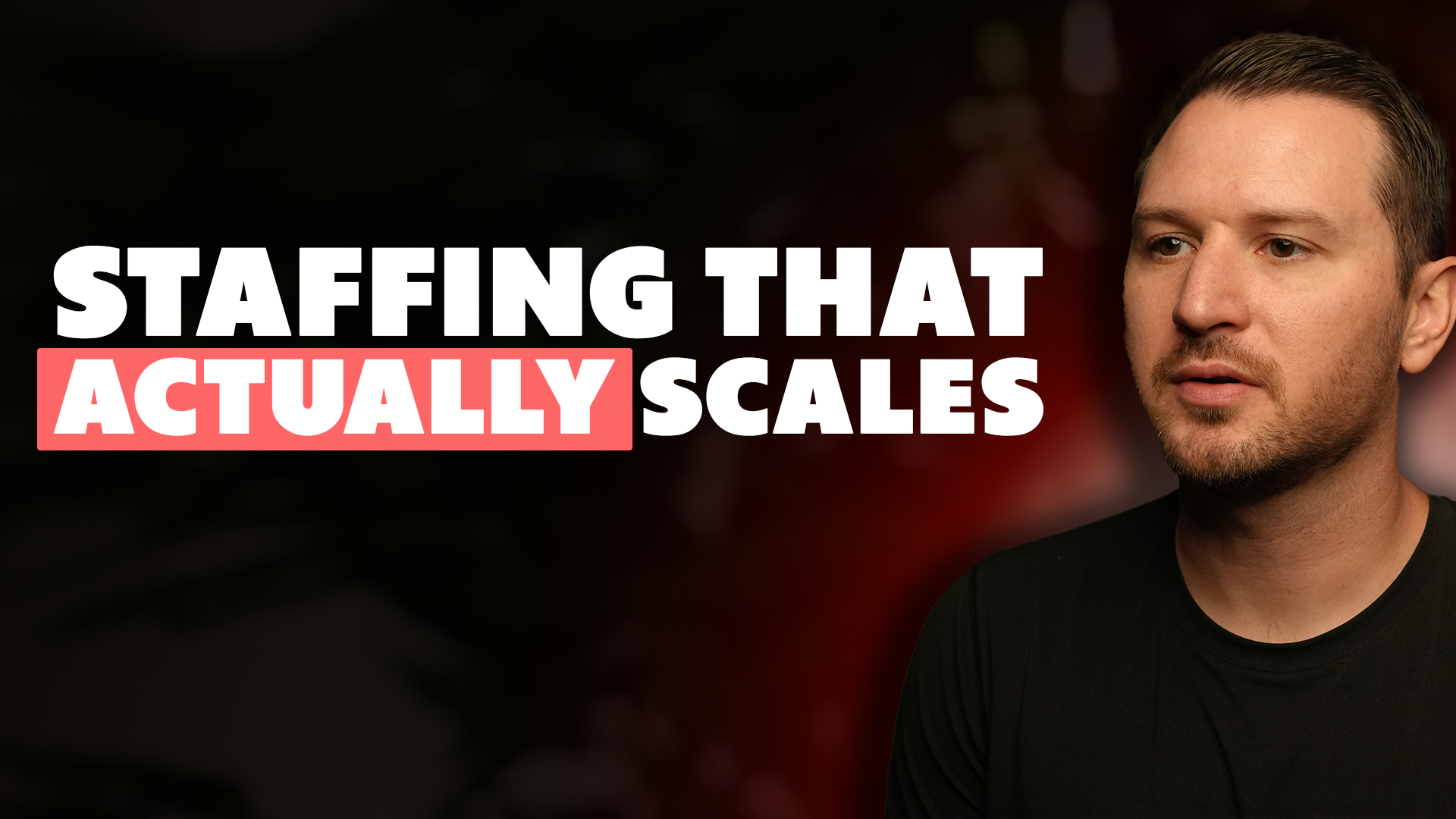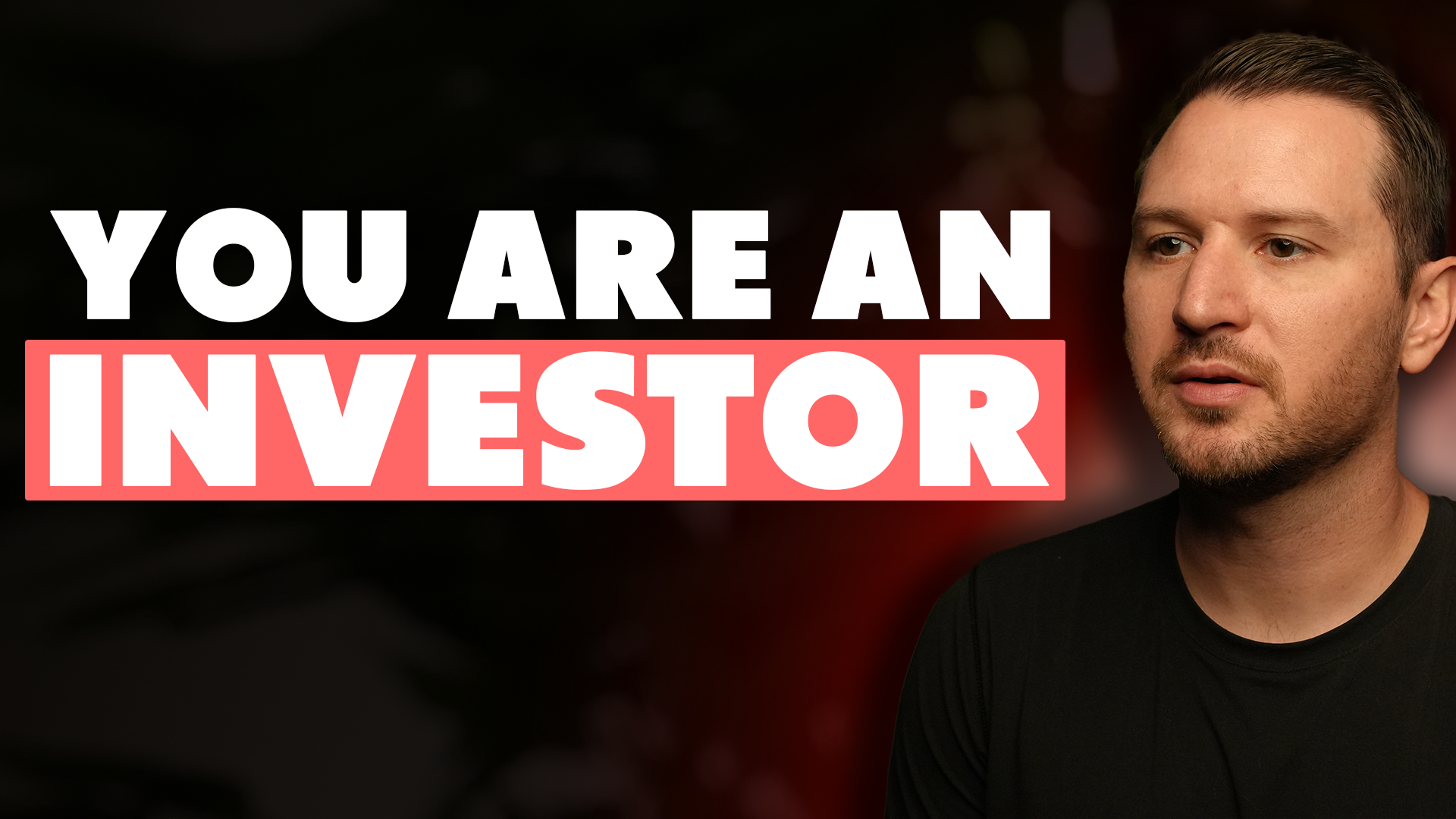Talking about recruitment for home services, John Wilson breaks it down in this Owned and Operated episode. He says focus on what you need, set clear expectations, and make the pay enticing. Skip the long task lists; have real conversations in interviews about how your business runs. He also highlights the significance of a strong onboarding process, emphasizing its role in preventing new hires from feeling left to figure things out. For additional tips, subscribe and stay tuned for upcoming videos!
Episode Hosts: 🎤
John Wilson: @WilsonCompanies on Twitter
Jack Carr: @TheHVACJack on Twitter
Looking to scale your home service business? Service Scalers is a digital marketing agency that drives success in PPC and LSA.
Discover more growth strategies by visiting Service Scalers: https://www.servicescalers.com
More Ways To Connect
The Owned and Operated Weekly Insights Newsletter
John Wilson, CEO of Wilson Companies
https://www.wilsonplumbingandheating.com
Jack Carr, CEO of Rapid HVAC
https://rapidhvactn.com
Owned and Operated Episode #75 Transcript
John Wilson: I'm John Wilson. Welcome to Owned and Operated. Twice a week, we talk about home service businesses, and if you're a home service entrepreneur, then this is going to be the show for you. We talk about our own business in residential plumbing, HVAC, and electric, and we also talk about business models that we just find interesting.
Let's get into it.
If you like what we talk about on our social media, on Twitter, on this podcast, then you should be signed up for our newsletter. Go to ownedandoperated. com where every Friday we break down our business, we break down insights, things we're learning, things we're working on, and it's good stuff. Check it out, ownedandoperated. com.
As your business grows, the importance of hiring A players becomes bigger and bigger. They become the needle movers of your business and really what ends up happening is about 10 percent of your team moves and creates results for the other 90%. It's incredible to watch and it's incredible to be a part of.
Today we're talking about how to hire and retain A players for your business.
How to craft a job post to attract top talent. So there's a few different things you can do to attract top talent to your business. One, how are you advertising for the job post? Two, what's the quality of the location look like? Is it somewhere that they want to show up to? Three, What's your Google reviews?
This matters. Most people that walk through our doors have read our reviews. Is this somewhere that I want to work? And assign my name to? And four, do you have a good vision? Do you have a story? Do you have something to tell? Let's talk about the job post first. The job post is relatively straightforward.
You have to attract potential candidates. So recruitment is sales. One day, if you're watching this, I hope you work for me. I hope that you're attracted to the vision that we have for this company and I hope that you want to make this your home. I genuinely want that. I want people to have a good career in a safe work environment where they make a ton of money and they have opportunity for promotion.
That's what juices me up every day, right? Like we built a big business and that's awesome. Now we got to put the right people in place. So you put everything I just said into a job post like hey Here's what we're about. Here's where we're going. Here's the core focus of this role. That's the next big part.
Your core focus is this to serve customers to properly price jobs To answer the phone. We try to keep a core focus on every job. That way people don't get distracted. You know, A lot of stuff happens every day. It's oh, I thought I was supposed to do this, and I thought I was supposed to do this, not, this, whatever.
Here's the core focus. Here's what 80% of your time should be going to, and if 80% of your time is going to anything else, you're not doing your core focus. That's easy to understand. The next one is expectations on every job post and every job offer. We list out how you're going to be measured. We want you to know how you're going to be measured.
And honestly, winners want that too. They want to know how they're going to be measured because they want to know what the game is. They want to win the game. So we put that on everything. Here's exactly how we're going to measure you. Here's how we see success of this position. We're not hiding it. This is it.
We're going to look at it. We're going to talk about it pretty often because this is how we see that. And we put that out there in the open that way they know.
Next up is the commission structure. How are they going to earn? Here's your base pay, but here's what happens when you hit those expectations. Here's the extra on top.
Sometimes that's a big extra on top. Sometimes it's a small extra on top. But either way, we list out the expectations, then we list how they can earn additional dollars on top of their base pay. Those are the three most important parts of a job post and a job offer for us. What's the core focus? What's the expectations?
How are you going to be measured? And how do we define winning with compensation? We put that on every job post. We put that on every job offer because we think those are the most important. Tasks can change. When I read job posts, it's like you're gonna do this task, and this task.
I'm like, yeah, probably. But they're really, what's the core focus? I was reading a job post the other day, and it was wild. It was like, hey, you're going to be an assistant, and you're going to be a scheduler, and you're going to be a coffee grabber and you're gonna do my laundry and you're also gonna help me do my taxes. And it was like five or six different things and when I think about that job post, no one's gonna win at that role.
I mean nobody there's no possible measurement for it. There's no possible core focus it's like basically just being this person's mom and There's no additional compensation because you can't reward What can't be measured. So that's the example of a terrible job post. Of like, hey, you will likely find people that will take that job.
They will not be A players. They're just not. Because no A player would take a job so distractible, so likely to end in failure. So be clear, be concise, know your core focus, interview around that core focus, have a title that hits that core focus. Lay out your expectations and lay out what winning those expectations look like.
After that, the daily minutiae of the tasks, that comes next. I personally don't think that's very important. You'll be able to list out the tasks that they're going to be expected to do relatively easily. Anybody can do that. It's the first part that you don't see often, but it attracts the best candidates.
When I'm sitting down and I'm talking to an A player, somebody that I want to hire into our business, they ask the best questions. And when I'm sitting there and they start asking these questions, I know that this is going to be good. immediately, I lean in and I'm like, let's do this. So the things that they're usually asking are, they want to know the inner workings of the business, right? Because they know
that they're going to be good at their job. They know it. They're A players. they're going to slay. They're going to kill it. What they want to know is how are you going to set them up for success beyond what they already know. So they're going to ask detailed questions about stuff that you've probably never been asked about in an interview.
And when that happens, lean in, because it's probably a good thing. I had an interview a couple weeks ago, and they started asking about our dispatching method. What's our philosophy behind it? How do we think about routing? How do we think about price per hour? How do we think about all these things that no one has ever asked me about?
And you know what? We hired him. And he's going to do amazing in his role. One, all of his referrals said that. But two, he already knew he was going to do amazing, and he just wanted to figure out how he could come in and help us win. Help us get to the next step. And he was pumped up about that. So when you're talking to an A player, it's going to be different.
Open yourself up. Explain things that you probably never had to explain before about your business if they ask because curiosity is a good thing in this case. They want to know more. They want to figure out how they can contribute and help drive the business forward.
Look, if you are currently hiring employees and just like shoving them on the truck and saying, we're a figure it out company, you're not going to do well. You're not going to hire the right people and you're sure as heck not going to retain them. You need to have an effective, clear process for onboarding employees that makes sense. So for us,
the first days with HR, we got to talk about the stuff, right? We got to talk about. What's going to get you fired? What's going to get you promoted? What to do, what not to do. Don't steal, don't do drugs at work. Most of it's pretty self explanatory. Then you spend a few days shadowing with all types of people.
So our best onboardings have been when you shadow with some call center, you shadow with dispatch, you shadow with five or six different techs across your shadowing experience. We want you to understand the business because people that understand the business more One, understand the business more, which is great.
That's a needed thing. People need to know how to navigate this thing. They were not born innately knowing how to run through your business to get things done. But two, it builds empathy. We found that when dispatchers or CSRs go out in the field and they see what those technicians are doing every day, they have a lot more respect and empathy when they schedule those technicians.
And when the technicians sit desk side, With the dispatch and call takers, they have a lot more empathy for how many calls and how stressful the job of call taking and dispatching is. So it's good. It builds camaraderie and it builds empathy. And it gives them a much better idea of how to navigate the company.
So depending on the department, onboarding for us can take anywhere from three days to a month. Totally different depending on how much information needs to be crammed into that person's head. A manager takes a lot longer for us to really let go of the reins. Most of our technicians take about two weeks, some of them take one, and many of our administrative personnel, CSRs, dispatchers, they're kind of on their own after the first week, but we've been able to spend a lot of direct time training with them.
The important message here is have a clear program, know exactly what you're gonna do, know what an ideal scenario is, and make it good. Don't hire somebody and just shove them straight into a truck and say figure it out. Don't hire somebody and shove them straight on the phones and say figure it out.
They're probably not going to figure it out and when they do figure it out, it's probably going to be different than how you had it in your head, which is fair game because you didn't show them in the first place.
Thanks for tuning in to Owned and Operated, the podcast for home service entrepreneurs. If you enjoyed today's episode, please hit the like button and subscribe to the podcast. If you have any questions or topics you'd like us to cover, feel free to reach out. You can find me on Twitter at at Wilson companies.
I'll see you next time.
Get more Owned and Operated on YouTube, on Twitter, or with our weekly newsletter.







